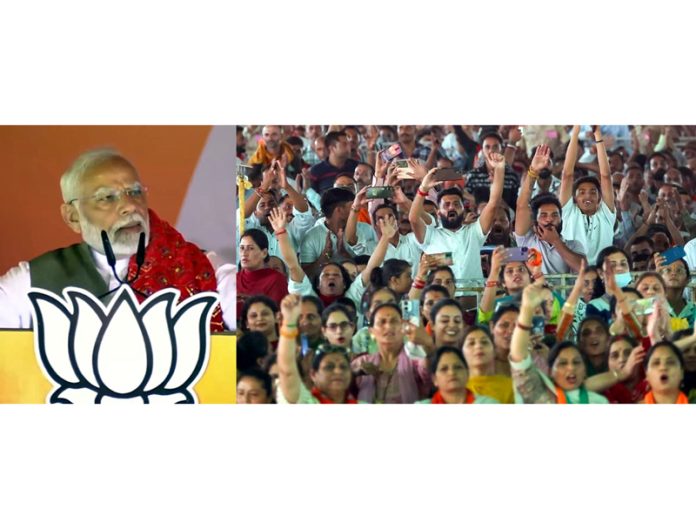
A slight majority (58%) of people in rural Ireland consider themselves to be religious while 26% do not. An Irish Examiner /Ipsos poll of people living in rural Ireland also found that almost 60% of those living in rural Ireland now agree that religious services have been curtailed in their area. Out of a total poll of 501 respondents, 65% of women considered themselves to be a religious person, while 51% of men did so, the Rural Ireland Thinks poll found.
Religiosity tended to increase with age, although the youngest cohort (aged 18-24) considered themselves to be slightly more religious at 39% than the next youngest cohort (age 25-34) at 36%. However, the results have a margin of error of ±4%. Some 39% of those aged 16-24 considered themselves to be religious; 36% of 25-to 34-year-olds; 54% of 35-49s; 63% of 50-64s, and 78% of over-65s.

In Munster, 56% of respondents said that they were religious. The figure was 52% in Leinster and 66% in Connaught/Ulster. Some 24% strongly agreed that they were a religious person while 34% somewhat agreed.
Some 14% neither agreed nor disagreed and 16% somewhat disagreed. 10% strongly disagreed. And a majority of 59% agreed that religious services had been curtailed in their area.
Some 28% strongly agreed that religious services had been curtailed in their area, 31% somewhat agreed; 10% neither agreed nor disagreed; 12% somewhat agreed, and 10% strongly disagreed. A further 10% said that the did not know or preferred not to say. Of those who felt that religious services had been curtailed in their areas, 57% of men felt this way and 61% of women.
58% of respondents aged 16-24 felt that religious services had been curtailed in their areas; 52% of 25-34-year-olds felt this way; 58% of 35-49s; 60% of 50-64s, and 63% of over 65s. Nearly two thirds (65%) of respondents in Munster felt that religious services had been curtailed in their areas; 53% in Leinster felt this way, and 57% in Connaught/Ulster. The research was conducted through face-to-face interviews between August 14-25 amongst a sample weighted to make it representative of the population of rural Ireland.
“Rural” Ireland accounts for 33.4% of the country, according to the survey. The new results expand on the findings of Ireland’s most recent census for 2022 which noted that there had been an 187% increase in people who said they had no religion, compared to the 2011 census.
In Census 2022, over 3.5m people living in Ireland reported that their religion was Roman Catholic, accounting for 69% of the population. The number of people who reported having no religion increased to 736,210, over 14% of the population.
This was an increase of 63% since the 2016 census, and of 187% since the 2011 census. There were a further 3,823 people who reported that they were Agnostic or Atheist. The second largest religious grouping was Church of Ireland or England, Anglican, and Episcopalian which accounted for 124,749 people, an increase of 2% since 2016.
Among pre-school aged children (0-4 years), 65% were Roman Catholic, 16% had no religion and 3% were Muslim in the last census. In the 5-9 years age cohort, 72% of children were Roman Catholic, 11% had no religion, 3% were Muslim, and 3% were in the Church of Ireland or England, Anglican, and Episcopalian grouping. People aged 25-29 years were less likely to be Roman Catholic (53%) than other age groups.
This was also the age cohort with the highest proportion of people with no religion (26%) and the highest proportion of Hindus (over 2%). The number of people with no religion increased across all age cohorts. There were over 100,000 more people aged 45 or over with no religion, an 88% increase since 2016.
.










